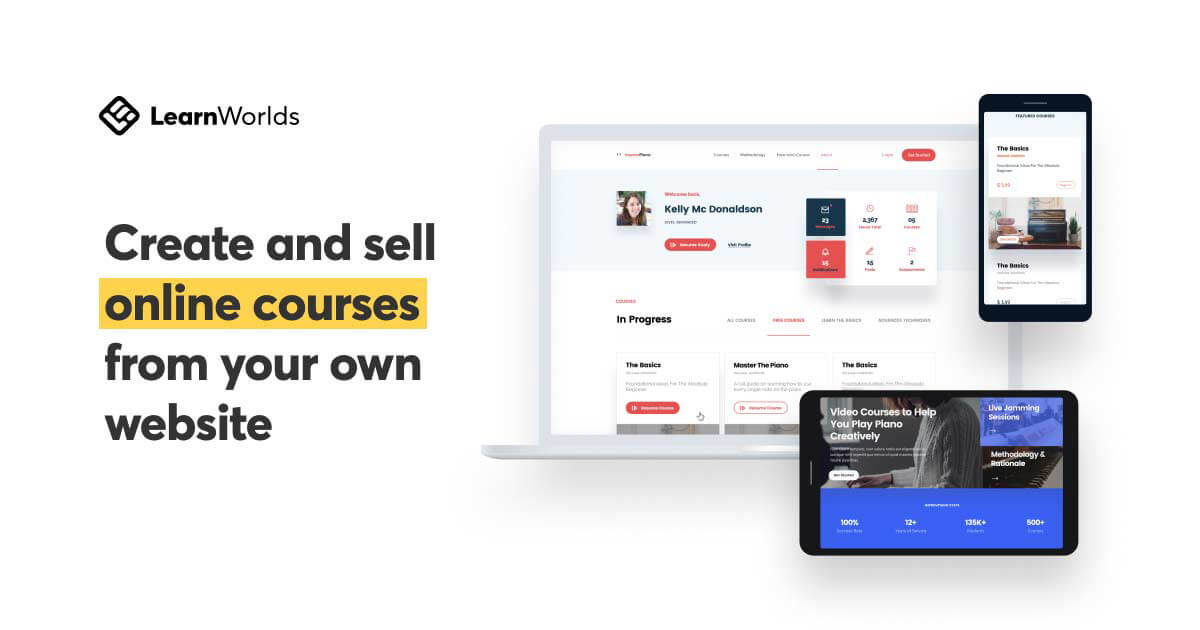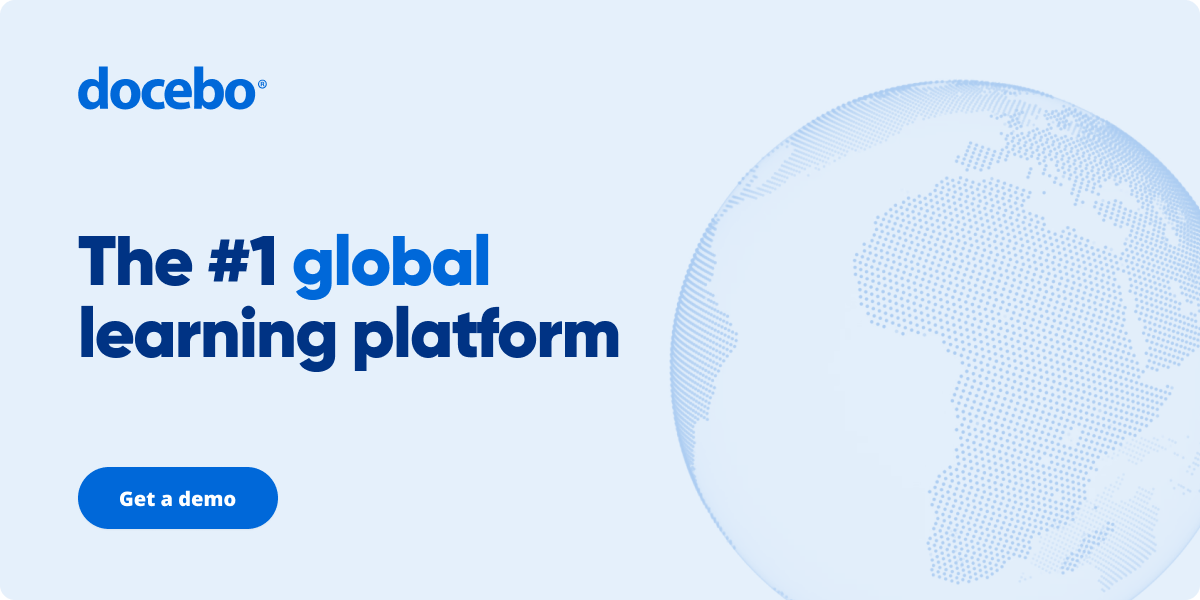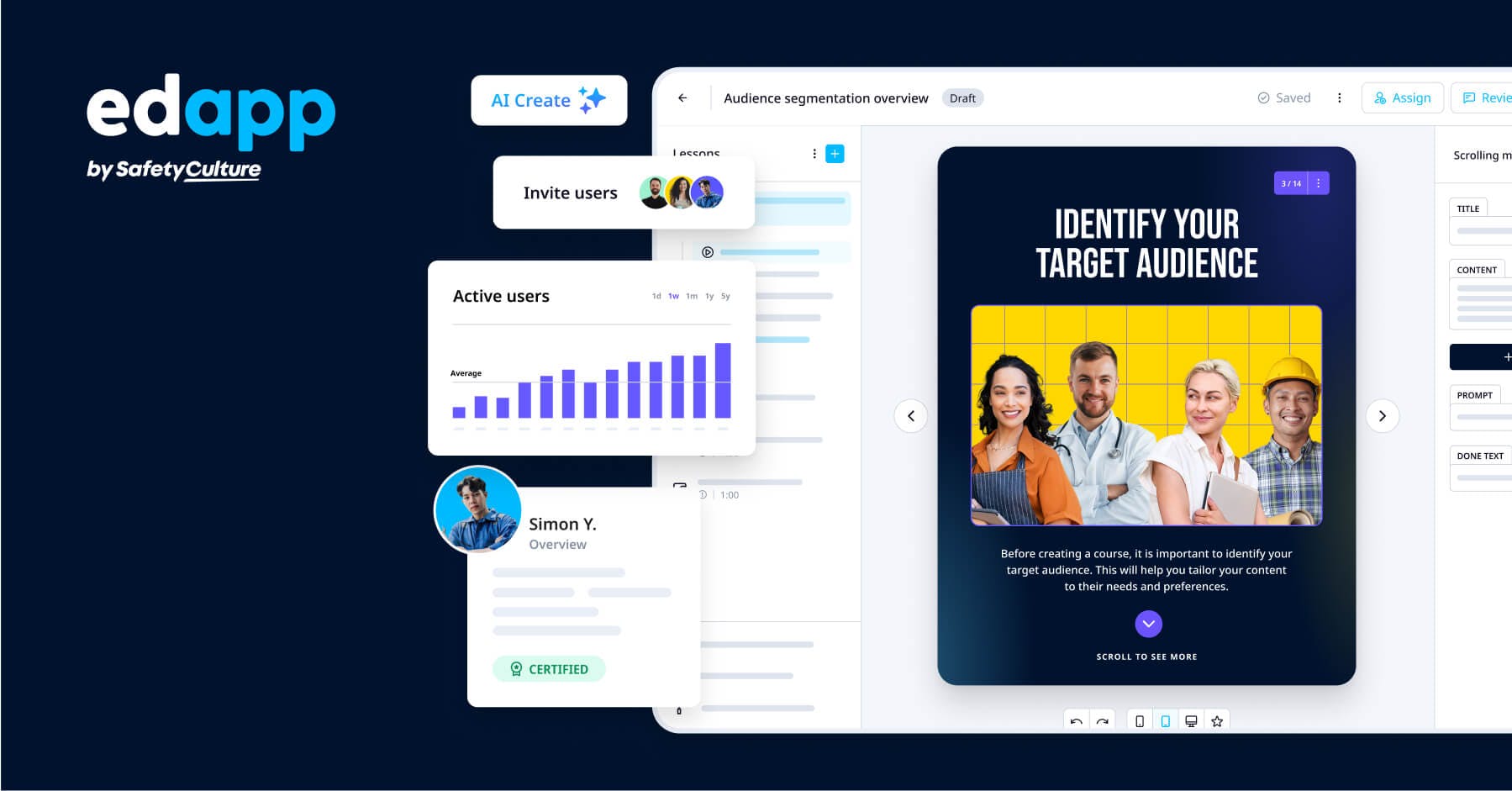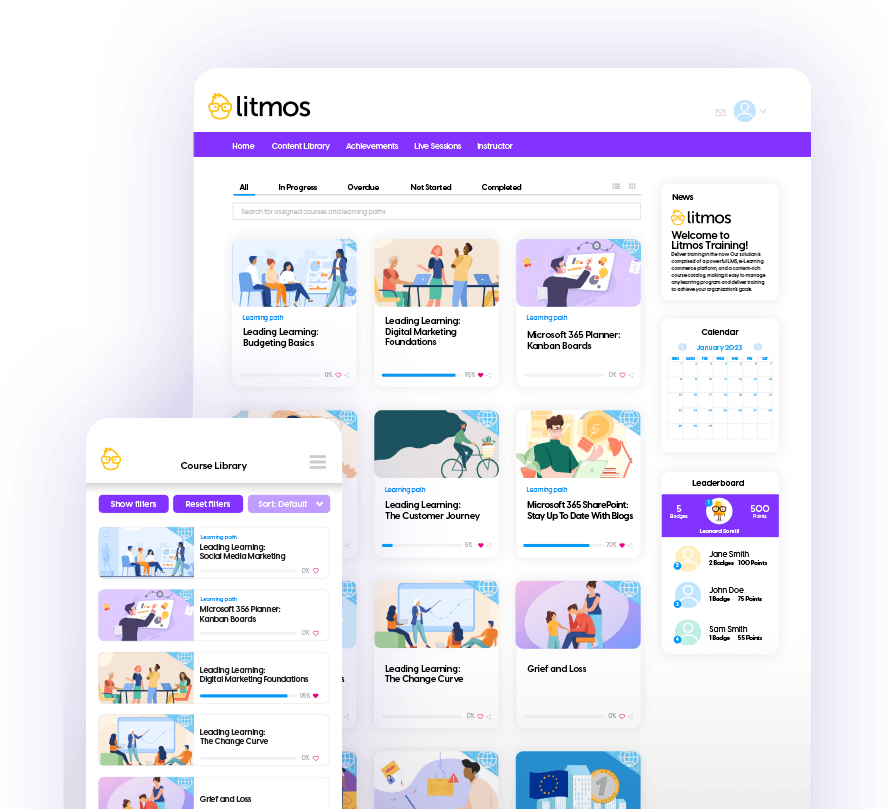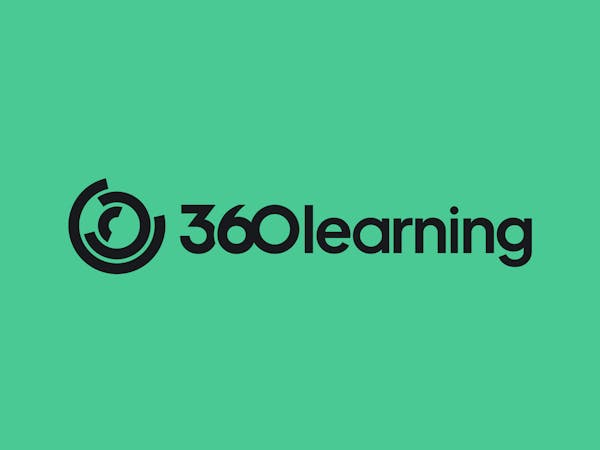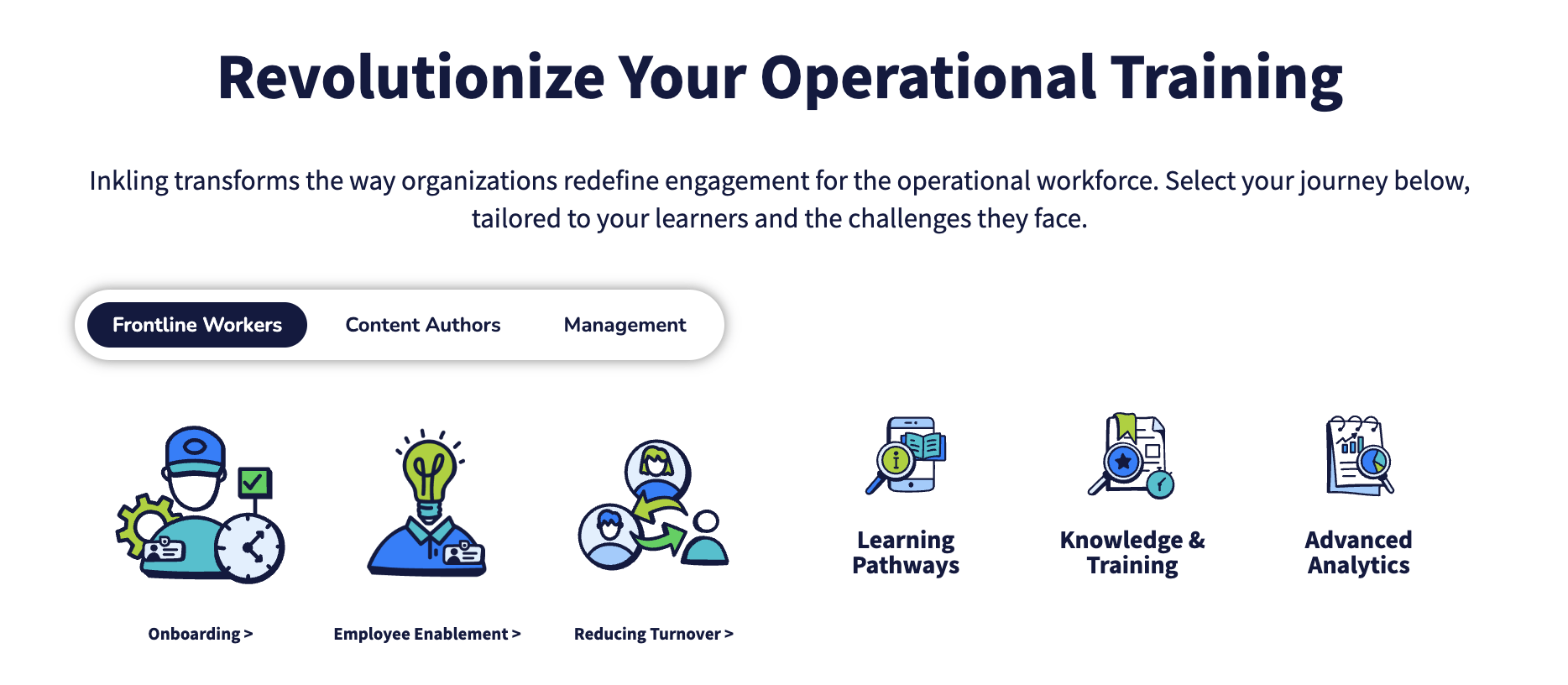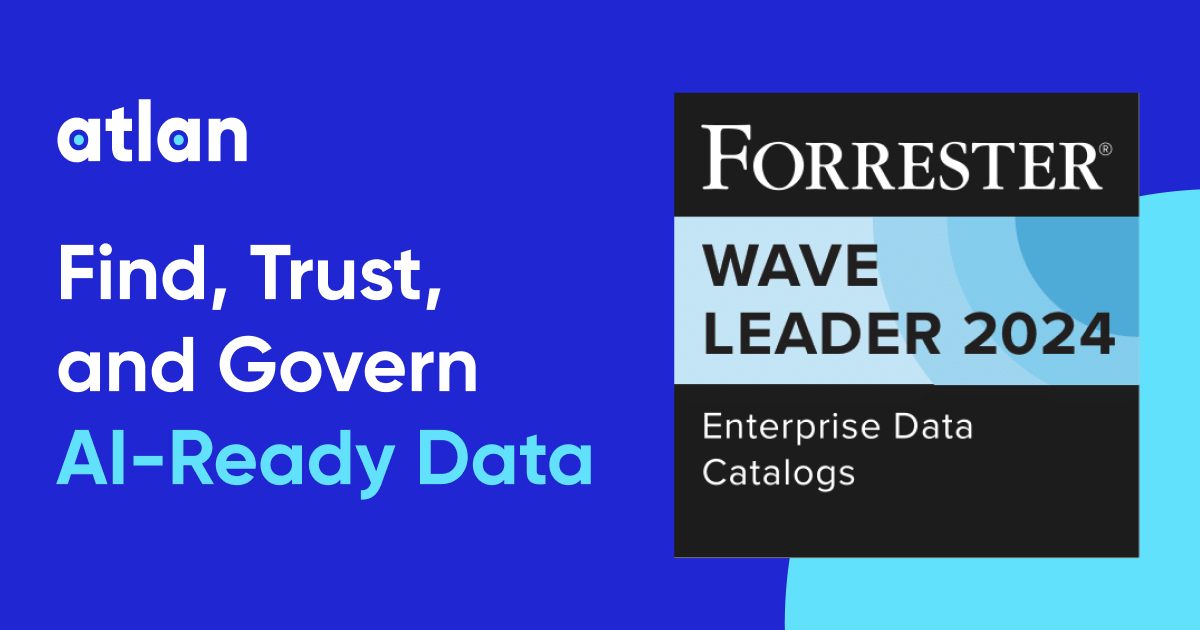Introduction
As digital transformation accelerates and remote or hybrid work models become more common, effective corporate learning and development is more important than ever. An enterprise-grade learning management system (LMS) is essential for creating, delivering, tracking and optimizing employee skills training at scale. But with dozens of LMS providers competing for your business, how do you determine which platform is the best fit? This blog analyzes and ranks 15 top LMS platforms based on key evaluation criteria to help guide your selection process.
Methods of Evaluation
To evaluate and rank the top 15 corporate LMS platforms, we considered several conventional factors like features, pricing & plans, support availability, and platform reviews. In addition, we also analyzed less conventionally tracked metrics like their search traffic over time using Google Trends, backlink profile and domain authority using Moz, and social shares & mentions on platforms like LinkedIn to understand popularity and customer satisfaction. This provided a more well-rounded perspective on how established, actively developed and positively received each platform is by both customers and industry analysts.
1. Adobe Captivate
Adobe Captivate is a powerful eLearning authoring tool developed by Adobe Inc. that allows users to create interactive courses, simulations, and other online training content. With over 20 years in the industry, Captivate remains one of the most popular and full-featured choices for professional eLearning development.
Pros: Some key advantages of Adobe Captivate include: – Intuitive drag-and-drop interface for non-programmers – Wide array of interactive elements like quizzes, simulations, and game-based learning – Engaging auto-generated content using multimedia like images, video, and audio – Flexible deployment options to host on an LMS or deliver standalone web content
Cons: The main disadvantage of Adobe Captivate is that it requires an annual subscription which can be cost-prohibitive for some smaller businesses or individual users.
Pricing: Adobe Captivate pricing starts at $45/month for an individual plan or $75/month for a team plan. Larger enterprise licenses are also available tailored to organization size and needs.
Some key stats about Adobe Captivate include: – Used by over 90,000 companies worldwide – Supported file formats include SCORM, AICC, xAPI, cMI5 – Integrations available with all major LMSs like Canvas, Blackboard, and Moodle – Can publish content to the web for standalone use or hosting on an LMS
2. Moodle
Moodle is an open source learning management system (LMS) that has been powering online learning and courses since 2002. With over 200 million users worldwide, Moodle is one of the most widely used LMS in the world. It was created to help educators create engaging online learning experiences based on sound pedagogical principles.
Pros: Some key advantages of Moodle include:
– Open source and highly customizable to fit any need
– Large, active developer community providing free support, features and plugins
– Affordable pricing model with free basic features for non-commercial use
– Strong focus on pedagogy and activities to engage learners rather than just course content delivery
– Mature, stable and trusted platform backed by over 20 years of ongoing development
Cons: One potential disadvantage is that as open source software, Moodle requires some technical skills and self-hosting to manage installations beyond basic needs. This means ongoing costs for hosting, support and potential custom development.
Pricing: Moodle has a freemium pricing model. The basic Moodle software is free and open source. For commercial/larger organizations, paid support plans start at $50 per month for self-hosted installations.
Some key stats about Moodle include:
– Over 200 million users worldwide
– Used in over 241 countries
– Translated into 139 languages
– Has over 10 million downloads
– Large community of over 1 million registered developers and users contributing to ongoing development
3. Canvas
Canvas by Instructure is one of the most widely used learning management systems (LMS) in education, with more than 100 million users globally. Founded in 2008, Instructure developed Canvas to be more flexible and intuitive than other LMS options. While originally designed for education, Canvas has increasingly been adopted by enterprises for corporate training purposes.
Pros: Some of the key advantages of Canvas as a corporate LMS include:
– Intuitive and flexible interface that encourages engagement and collaboration.
– Rich toolset for creating and delivering learning content like modules, quizzes, discussions and video lessons.
– Superior community capabilities through user groups, file sharing and internal social features.
– Open architecture allows for deep customizations and third party app integrations.
Cons: One potential disadvantage is that Canvas was originally designed for education so some features may be more tailored for traditional classroom scenarios compared to corporate training needs. However, Instructure has been actively enhancing Canvas to better serve enterprise customers.
Pricing: Canvas pricing starts at $25/user per year for the self-hosted Plus plan for up to 500 users. For larger user bases, the annually renewable Enterprise plan starts at $50/user with premium support and additional features. Volume discounts are also available for larger customer deals.
Some key stats about Canvas include:
– Used by more than 4,000 colleges, schools and universities worldwide including Harvard, Stanford, USC, Cornell and more.
– Also used by corporations like Cigna, Dell, Target and Capital One for employee training.
– Supports over 100 million user accounts globally.
– One of the top 3 biggest LMS vendors along with Blackboard and D2L.
– Experiencing strong year-over-year revenue growth of over 25%.
4. TalentLMS
TalentLMS is a cloud-based learning management system (LMS) developed by TalentLMS, Inc. Launched in 2011, it serves thousands of organizations around the world providing online training and development for teams.
Pros: Some key advantages of TalentLMS include:
– Free beginner plan makes it accessible even for small teams and budgets.
– Engaging learning experiences through gamification features.
– Emphasis on personalization and social learning.
Cons: One potential disadvantage is that scaling to meet the needs of very large organizations with tens of thousands of users may require their premium paid plans.
Pricing: TalentLMS offers four pricing tiers – Free, Pro, Business, and Enterprise. Pricing ranges from free for the basic plan up to custom quotes for large enterprise clients needing advanced features and support.
Some key stats about TalentLMS include:
– Used by over 7,000 organizations worldwide
– Hosts over 10 million users
– Platform available in over 35 languages
– 90-day implementation process
5. SAP SuccessFactors
SAP SuccessFactors is a leading cloud-based corporate learning management system created by SAP. With over 3 decades of experience in enterprise software, SAP SuccessFactors offers a comprehensive talent management platform beyond just learning.
Pros: Some key advantages of SAP SuccessFactors include: Strong in talent management beyond just learning, Good for very large enterprises with global presence, Tight integration with other SAP solutions like SAP S/4HANA for a unified experience.
Cons: A potential disadvantage is the high price which makes it more suitable for large enterprises rather than small-mid sized businesses.
Pricing: SAP SuccessFactors pricing starts at around $10 per user per month and can go up depending on the number of modules licensed and other customization requirements. It is aimed at large enterprises with 5000+ employees.
Some key stats about SAP SuccessFactors include: Serves over 6,000 customers in over 190 countries, Manages employee data and processes for thousands of large global enterprises, Processes human capital data for over 100 million users each year.
6. Canvas LMS
Canvas LMS is a learning management system developed by Instructure. Originally created as an LMS solution for schools, Canvas LMS has now been widely adopted by businesses, governments and non-profits as well. With deployments in K-12, higher education and corporate/non-academic sectors, Canvas LMS has emerged as the #1 education technology solution worldwide.
Pros: Some key advantages of Canvas LMS include:
– Originally an LMS for schools now widely adopted across sectors.
– Free open-source version for small teams and personal use.
– Tight integration with other Instructure services like Bridge, Portfolium etc.
– Intuitive and easy to use interface for both teachers and students.
– Robust feature set including assignments, quizzes, collaborations, analytics etc.
– Regular updates and new features added frequently based on customer feedback.
– Excellent support and implementation services available.
Cons: One potential disadvantage could be the pricing for larger deployments as the open-source edition has certain limitations for teams beyond a particular user count.
Pricing: Canvas LMS has the following pricing models:
– Free and open-source version for teams under 100 users.
– Paid subscription plans starting at $50/teacher or $6/student annually for standard features.
– Enterprise plans priced based on number of users and additional requirements.
Some key stats about Canvas LMS:
– Used by thousands of schools, colleges and training organizations across 145+ countries.
– Has over 50 million active users on the platform.
– Has free and open-source versions available for small teams and personal use.
– Integrates tightly with other Instructure products like Bridge and Portfolium.
7. Skillsoft
Skillsoft is a leading corporate learning management system (LMS) known for its large library of online courses and materials. Founded in 1959, Skillsoft provides digital learning content and solutions to thousands of business organizations around the world.
Pros: Some key advantages of Skillsoft include:
– Very large catalog of high-quality eLearning content from top publishers.
– Library focused on the latest business and tech topics needed by many organizations.
– Robust reporting and analytics to measure learning impact and ROI.
Cons: Potential disadvantages could include the high upfront and ongoing subscription costs compared to some more affordable LMS options.
Pricing: Skillsoft offers flexible subscription plans starting at around $150 per user per year for basic access. More advanced plans with additional features are priced higher, typically $250-500 per user annually. Custom enterprise pricing is also available.
Some key stats about Skillsoft include:
– Over 180,000 online courses, videos, books, and other learning content covering business, leadership, compliance and IT topics.
– Library continuously updated with a focus on emerging technologies like AI, machine learning, and more.
– Used by many Fortune 500 companies and government agencies globally.
8. LearnWorlds
LearnWorlds is an online course platform that enables businesses and individuals to create, sell and promote online courses. Founded in 2015, LearnWorlds aims to help teachers, experts and entrepreneurs monetize their skills, experiences and audience through online courses.
Pros: Some key advantages of LearnWorlds include:
– Immersive authoring tools for creating VR/AR simulations and games.
– Useful for high-risk training scenarios impractical in real world.
– Dedicated to delivering engaging learning experiences.
Cons: One potential disadvantage is that the free starter plan has limited functionality which may require upgrading for advanced features.
Pricing: LearnWorlds offers different pricing plans depending on needs. The starter plan is free, while premium personal and business plans range from $29-199 per month.
Some key stats about LearnWorlds include:
– Over 10,000 online courses created on the platform
– More than 1 million users across 190 countries
– Supported 15 languages for content creation
9. Docebo
Docebo is a leading learning management system (LMS) platform provider. Founded in 2005, Docebo is headquartered in Toronto, Canada with additional offices worldwide. Docebo focuses on providing everything businesses need to implement an enterprise online learning strategy that powers faster productivity, engagement and reskilling.
Pros: Some key advantages of the Docebo LMS platform include:
– Strong focus on customer experience with intuitive workflows and dashboards.
– Offers both compliance and soft skill courses out of the box.
– Well suited for distributed workforces with multi-language support.
Cons: One potential disadvantage is that the platform may have a relatively steeper learning curve for non-technical users compared to some competitors due to its powerful and flexible features.
Pricing: Docebo offers different pricing plans including:
– Free Edition for up to 3 users.
– Professional Edition starting from $99/user/month.
– Enterprise Edition with custom pricing based on need.
Some key stats about Docebo include:
– Used by over 2,500+ enterprises globally across various industries including healthcare, manufacturing, finance and more.
– Supports over 60+ languages to accommodate diverse and global workforces.
– Over 1 billion learning activities have been delivered through the Docebo platform.
10. Edapp
EdApp is a mobile-first learning management system (LMS) that helps companies optimize training for distributed workforces. Founded in 2015, EdApp makes eLearning more engaging, effective and fun through micro-learning pathways, gamification tools, and AI-powered chatbots. With EdApp, companies can deliver bite-sized learning modules to employees’ mobile devices to enhance on-the-job performance.
Pros: Key advantages of EdApp include:
– Mobile first approach optimized for learning flows across devices like smartphones and tablets.
– Engagement tools like gamification, micro-learning pathways and chatbots to enhance learning retention.
– Tailored for distributed and frontline workforce training needs with offline capabilities.
Cons: One potential disadvantage is that EdApp focuses primarily on micro-learning formatted content over lengthy online courses. It may not be as suitable for more formal higher education style eLearning.
Pricing: EdApp offers pricing tailored for different business needs starting from a free plan for basic usage up to customized enterprise plans. Pricing is available on request based on user count, support needs and additional features required.
Some key stats about EdApp include:
– Used by over 500 companies worldwide including major brands like Mercedes-Benz, Coca-Cola, and BMW.
– Over 10 million users on the platform completing hundreds of millions of lessons.
– Consistently rated above industry average for learner and administrator satisfaction.
11. Litmos
Litmos is a Learning Management System (LMS) platform that provides corporate learning solutions to organizations. Founded in 2004, Litmos delivers training anytime, anywhere, across the extended enterprise with its easy to use learning platform and robust content libraries. With over 1,500 customers worldwide, Litmos helps both large and small companies effectively deliver training to employees, partners and customers.
Pros: Key advantages of Litmos include:
– Features tailored for channel partners, clients and customers access.
– Excellent marketing automation capabilities for driving adoption.
– Competitive pricing structure suitable for smaller organizations.
Cons: One potential disadvantage is that the free tier provides limited functionality and capacity that may not scale as organizational needs grow.
Pricing: Litmos offers flexible pricing plans starting from a free plan for up to 3 users to pro plans starting at $99/month per admin. It also offers enterprise pricing tailored for large enterprises with thousands of users.
Some key stats about Litmos include:
– Over 1,500 customers worldwide across a wide range of industries
– Supports 45+ languages
– Manage training for unlimited users
– Integrates with over 150+ applications like Slack, Microsoft Teams, etc.
12. 360Learning
360Learning is a leading corporate learning management system (LMS) that provides companies with a centralized platform for training, development and compliance. Founded in 2009 and based in San Francisco, 360Learning takes a modern approach to corporate learning with its user-friendly and highly customizable LMS.
Pros: Some of the key advantages of 360Learning include: – Dedicated focus on compliance and risk mitigation training needs. – Robust reporting and tracking of certifications and expiration dates. – API-first approach enables easy custom integrations with other systems.
Cons: One potential disadvantage is that the platform is primarily focused on enterprise and large corporate clients, so it may have more features than needed for smaller businesses.
Pricing: 360Learning offers flexible pricing plans starting at $4 per user per month for basic features. Additional customized enterprise plans are also available for larger deployments.
Some key stats about 360Learning include: – Used by over 10,000 companies worldwide – More than 50 million users on the platform – Supports over 40 languages – Integrates with over 150 different systems via API
13. Inkling
Inkling is a corporate learning management system focused exclusively on authoring, publishing and distributing digital content. Founded in 2008 and based in San Francisco, Inkling provides frontline employee training to help businesses confidently serve their customers.
Pros: Some key advantages of Inkling include:
– Focused exclusively on authoring, publishing and distributing digital content
– Helps create interactive and engaging learning experiences for frontline employees
– Well suited for regulated domains like healthcare and manufacturing where compliance is critical
Cons: A potential disadvantage is that Inkling is more focused on frontline employee training rather than manager/executive level training
Pricing: Inkling offers a few different pricing plans depending on business needs. Pricing starts at $14/user per month for basic usage up to custom enterprise plans for larger deployments.
Some key stats about Inkling include:
– More than 300 enterprise customers including Fortune 500 companies
– Delivers over 5 billion training assets annually
– Authored content is available on any device due to its responsive design
14. eFront
eFront is a leading Learning Management System (LMS) solution for corporate learning and development. Founded in 2000, eFront provides a fully adaptable LMS platform that can be customized to meet the unique training needs of large enterprises. Their flagship product, the eFront LMS, aims to optimize and scale employee training through a flexible and feature-rich system.
Pros: Some key advantages of the eFront LMS include: A fully customizable and flexible platform well-suited for complex training programs in large enterprises. Features to increase learner engagement like lesson translation, gamification elements and a mobile app. Strong ROI tracking and analytics to measure the business impact of training investments.
Cons: As a highly customizable platform, some potential disadvantages of the eFront LMS include: A steeper learning curve for administrators to fully leverage its customization capabilities. May require additional development resources compared to less flexible out-of-the-box LMS solutions.
Pricing: Pricing for eFront is typically based on the number of users on the platform. It offers both annual subscription and perpetual license models. Additional services like implementation, customization, and support are also available for an added fee. Contact eFront for an exact quote tailored to your organization’s needs.
Some key stats about eFront include: Used by over 4,000 customers worldwide in over 80 countries. Supports over 30 different languages for localized learning. Over 10 million users on the eFront LMS platform. Consistently ranked as a top LMS vendor by leading analyst firms like Learning Light.
15. Atlan
Atlan is a leading corporate learning management system (LMS) that helps companies effectively train and develop their employees. Founded in 2013 and headquartered in San Francisco, Atlan provides an active metadata platform for modern data teams.
Pros: Some key advantages of Atlan’s learning management system include: a customizable platform tailored for your unique training needs, a focus on streamlined authoring tools to easily create and manage content, and community-based features that allow for sharing of content and collaboration between teams.
Cons: While very full-featured, one potential disadvantage is Atlan’s platform may have a slightly steeper learning curve than some other LMS options for administrators to fully understand and leverage its advanced functionality.
Pricing: Atlan offers flexible pricing plans tailored to organizations of different sizes. Basic plans start at $99 per month for up to 10 users, while larger enterprises can request a custom quote for unlimited users and advanced capabilities.
Some key stats about Atlan include: used by over 500 companies worldwide, supports content in over 20 languages, courses completed by over 1 million learners on the platform.
Conclusion
While all the LMS platforms evaluated here are highly capable, some may be better suited than others depending on your unique organizational needs, budget, tech stack, and long term goals. We hope this comprehensive analysis and ranking of the top 15 systems based on established evaluation criteria as well as alternative metrics provides valuable insights to help you shortlist and choose the right corporate LMS partner to power your learning strategy in 2023 and beyond.










